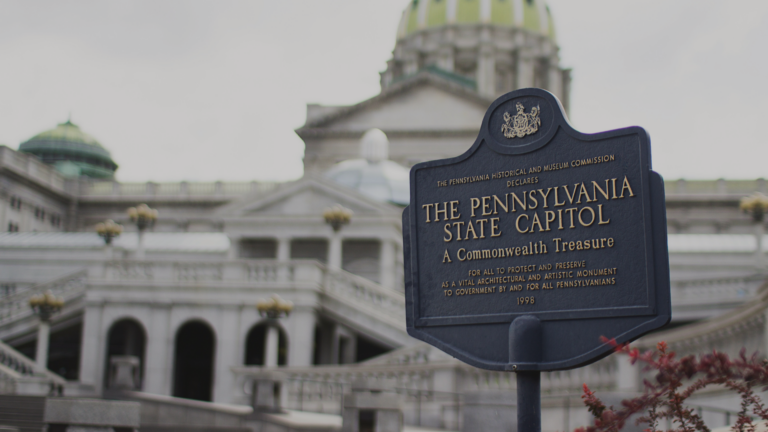Tariff Policy Shifts and Their Implications for Construction Costs and Energy Projects
- Topics :
- Energy Funding
New York Fast-Tracks $5B Renewables: What It Means for Corporate Energy Buyers
Published September 29, 2025

Federal clean energy incentives have long shaped the economics of renewable deployment. Under the new “One Big Beautiful Bill” law, the 30% federal investment tax credit for wind and solar is being phased out earlier than anticipated. In response, New York has launched an accelerated procurement plan worth $5 billion, aiming to lock in projects before the credits vanish. For corporate energy buyers, this represents both an opportunity to access more affordable renewables and a risk if projects are delayed or miss eligibility windows.
Federal tax credit changes and their business impact
The 30% investment tax credit (ITC) has been one of the most significant drivers of clean energy investment in the United States. By lowering capital costs, it enabled competitive pricing for power purchase agreements (PPAs) and supported corporate decarbonization strategies. The accelerated phase-out means that only projects starting within one year or operating by the end of 2027 will qualify. For businesses, this creates urgency: PPAs signed with projects outside these timelines may lose the economic advantage of subsidized pricing.

New York’s procurement strategy and deadlines
The state has outlined a clear timeline for capturing federal support. Applications are due in October 2025 for eligibility, final proposals must be submitted by December 2025, and project awards will be announced by February 2026. Altogether, New York expects around $5 billion in investment and the creation of 2,500 jobs. By accelerating its procurement, the state seeks to maximize federal leverage while building long-term grid resilience. For businesses, this means additional renewable capacity will enter the market, potentially enabling expanded opportunities for green tariffs, PPAs, and renewable energy certificate (REC) purchases.
Implications for corporate energy buyers and strategies
Energy-intensive companies have much at stake in this procurement push. Opportunities for them include gaining access to competitively priced PPAs before the ITC expires, tapping into a new supply of RECs to meet ESG and Scope 2 reduction targets, and achieving long-term hedging against fossil fuel price volatility. At the same time, the risks are equally significant. Supply chain or permitting delays could push projects beyond 2027, eroding economic benefits. Grid interconnection queues may limit how quickly capacity becomes available, and missed deadlines could tighten supply, driving up REC prices. To navigate this shifting landscape, corporate buyers should:
- Monitor New York’s procurement deadlines closely.
- Engage with developers early to secure PPA opportunities.
- Align internal energy procurement timelines with project award schedules.
- Stress-test decarbonization plans against scenarios where projects slip past eligibility.

Broader lessons for businesses
New York’s sprint to lock in renewables underscores how volatile federal incentives can reshape state strategies. For corporations, the lesson is clear: early engagement and proactive procurement strategies are essential. Companies that act quickly can secure affordable renewable power and maintain ESG credibility. Those that wait may face higher costs and reduced access to clean energy supply.
Conclusion
New York’s $5 billion procurement blitz is a case study in how states and businesses must adapt to evolving federal incentives. For high energy–using companies, the window is short but the potential rewards are significant. Acting now could mean not only locking in cheaper renewable energy but also ensuring long-term competitiveness in a carbon-constrained economy.
Reference









